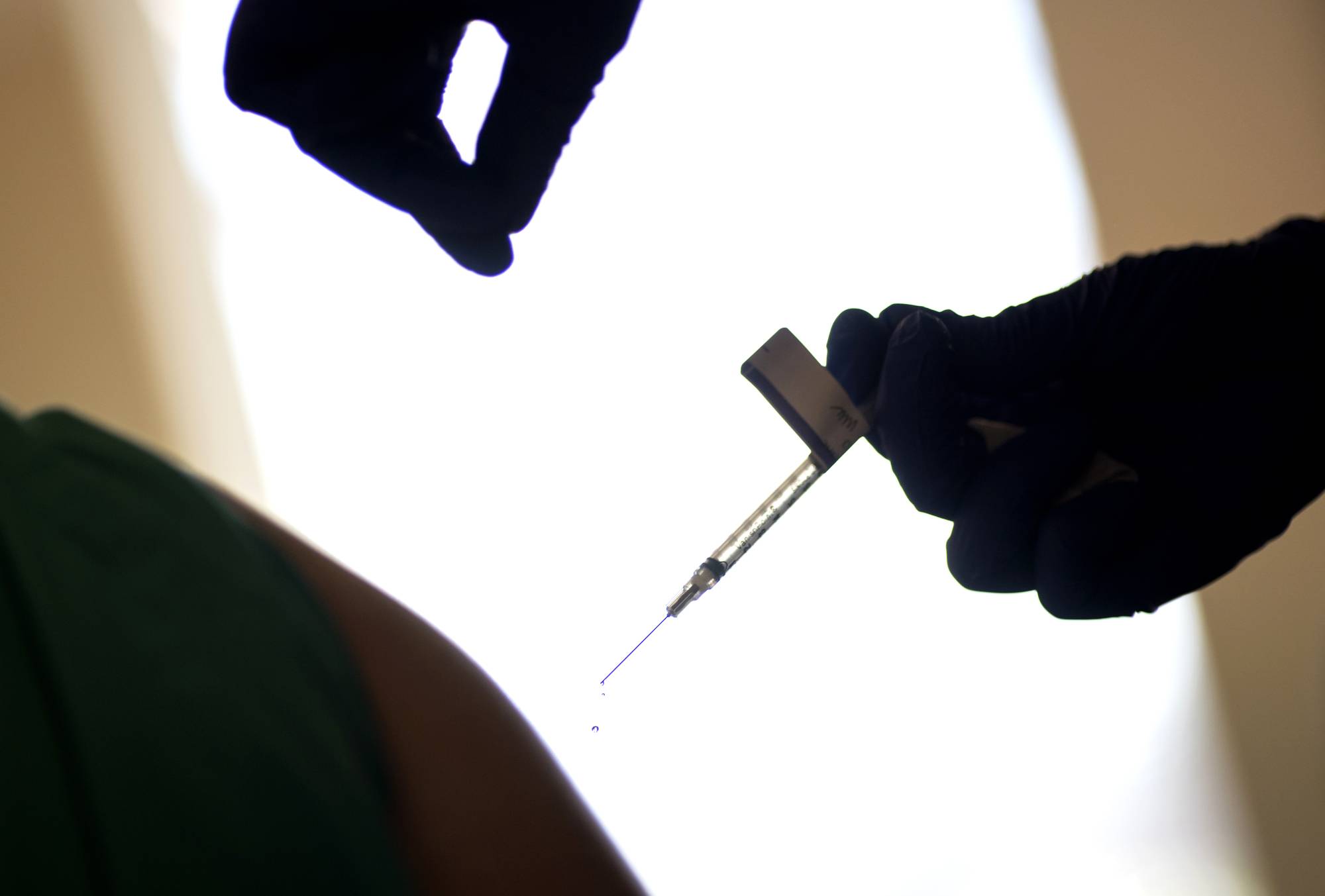Today, COVID-19 is devastating the world. It’s in the process of infecting many (perhaps even most) of us, killing some, shutting down our normal social relations, halting most international travel, and clobbering our economies and trade. What will the world be like a few years from now, after this acute crisis has waned?
There’s a widespread assumption that vaccines will soon be developed to protect us against COVID-19. Alas, that prospect remains very uncertain. Diseases vary in their potential to be prevented by vaccines.
Some vaccines — against smallpox and yellow fever, for example — do provide protection for decades or for life; against flu, however, they do so for less than a year. And there are still no vaccines against malaria and AIDS, despite huge efforts having been invested in their development. Flu frequently mutates, or its various strains change in proportion, so that a new vaccine must be developed each year. And whereas polio and smallpox vaccines protect everyone, flu and cholera vaccines protect only about half of those who receive them. Hence the efficacy of hoped-for COVID-19 vaccines is impossible to predict.


















With your current subscription plan you can comment on stories. However, before writing your first comment, please create a display name in the Profile section of your subscriber account page.